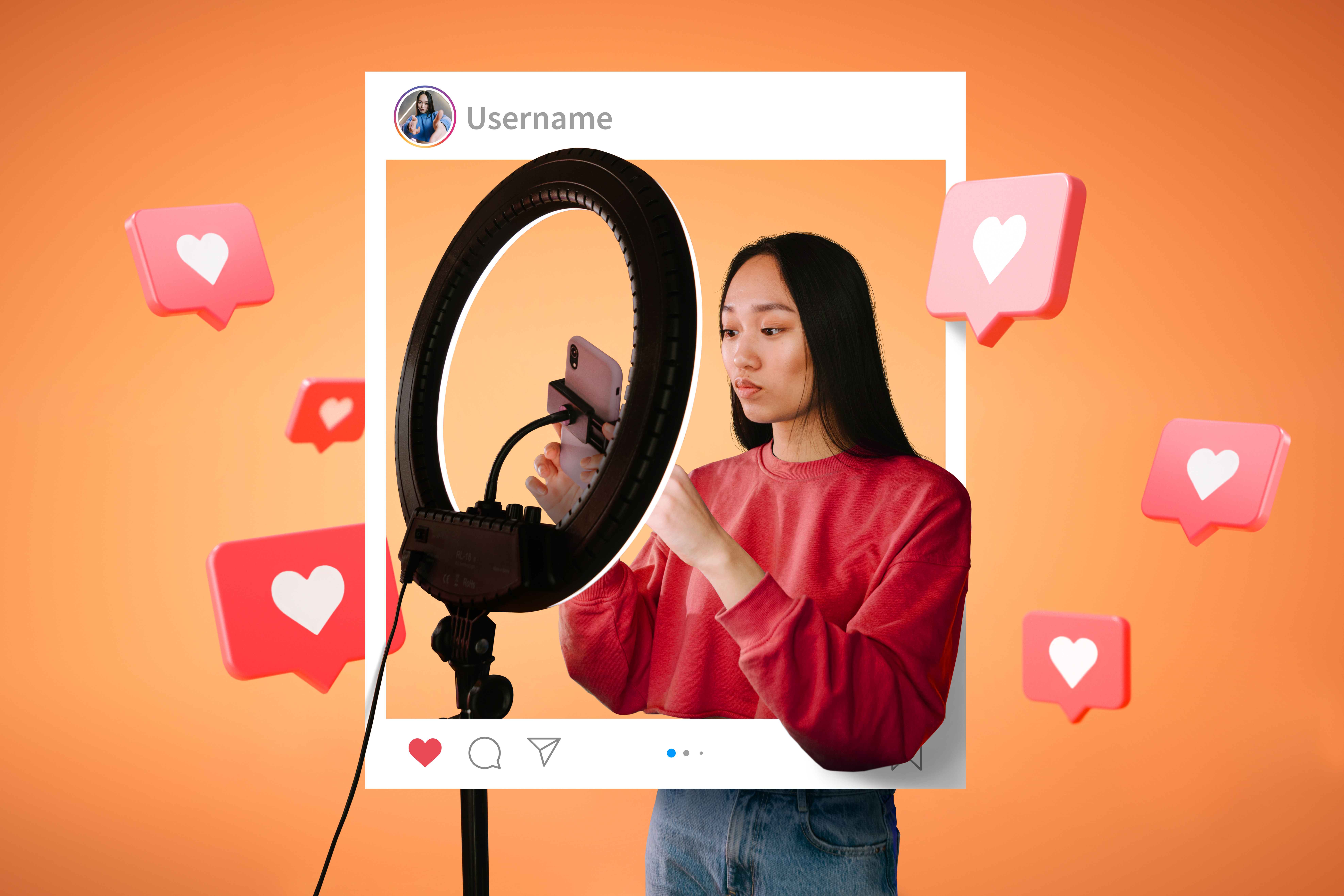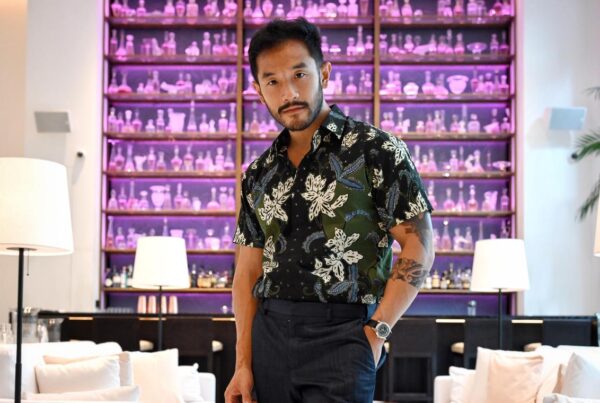In the vast world of social media, inclusive influencer marketing is like organizing a grand concert. Each influencer stands out, brightening the digital space with their unique charm as it’s more than just connecting with audiences. It’s about bringing voices that speak to people from all walks of life, ensuring the brand is noticed everywhere. Inclusive influencer marketing is a strategy that aims to ensure diversity and representation in the influencers chosen for marketing campaigns. This approach involves collaborating with influencers from various backgrounds. It includes ethnicities, genders, ages, body types, sexual orientations, abilities, and more.
The goal is to appeal to a broader audience and make all consumers feel seen, valued, and included in the brand’s messaging. Inclusive influencer marketing emphasizes authenticity, cultural sensitivity, and promoting positive social values. It helps brands connect with a diverse range of consumers and fosters a sense of belonging within their communities.

Two standout examples of inclusive influencer marketing include Nike’s “Just Do It” campaign featuring Colin Kaepernick and Dove’s “Real Beauty” campaign. Nike took a risk by supporting Kaepernick’s protest against social injustice. Meanwhile, Dove showcased real women of diverse body types and ethnicities, challenging traditional beauty standards. Both campaigns sparked important conversations and positioned the brands as advocates for diversity and self-esteem.
Trusted Voices, Big Reach
Influencers are like trusted friends on social media who share their experiences and opinions with their followers. When they talk about a brand, their followers listen, and it can shape how they feel about that brand. Influencers have lots of followers, so when they post about a product or service, it reaches a big audience.
People like influencers because they seem real and honest, and they make brands feel more relatable. Also, influencers are often experts in their area, so when they recommend something, it feels trustworthy. They create cool content that catches people’s eyes and makes them interested in the brand. By partnering with influencers, brands can reach specific groups of people and make a positive impression on them.
Connecting Brands and Beliefs
Diversity and inclusion matter in marketing because they celebrate people from various backgrounds. This kind of marketing helps people find brands that match their beliefs, something more consumers are interested in these days.
Today’s shoppers want to see diversity and representation in the companies they support. In 2020, studies showed that over six in 10 Americans think it’s important to have diversity in ads. More than 40% want to see ads that reflect racial diversity.
Research also shows that specific groups of consumers are more likely to back brands that promote diversity and inclusion in their marketing. For example, 85% of Latinx+ consumers and 79% of African-American consumers are more inclined to support such brands. Age also plays a role. In one study, 77% of Millennials said they trust brands that have diverse marketing.
Diversity also boosts profits. Studies by firms like McKinsey and Deloitte have shown that diversity is good for business. McKinsey says companies are realizing that inclusivity and diversity can give them an edge. However, the progress in this area has been slow according to these consultants.
Keys to Successful Inclusive Influencer Campaigns
Inclusive influencer marketing brings many good things for brands. It helps them reach a lot of different people, making everyone feel included. When brands team up with influencers from diverse backgrounds, it makes their message seem more genuine and trustworthy. This can boost how people see the brand, making it look better overall. Plus, working with influencers from different backgrounds brings in new ideas and makes marketing campaigns more creative.

However, inclusive influencer marketing comes with its own set of challenges and considerations that brands need to navigate carefully. Firstly, identifying diverse influencers can be tricky, as it requires a thorough understanding of various communities and cultures. Brands need to actively find influencers who genuinely embody diverse backgrounds and perspectives.
Merely checking off diversity boxes isn’t enough; authenticity is key. Moreover, it’s crucial to avoid tokenism and superficial representation. Genuinely engaging with influencers and allowing them to share their stories and experiences in a meaningful way.
Handling potential backlash and criticism is another concern, especially if the brand’s inclusivity efforts are perceived as insincere or opportunistic. Brands need to prepare addressing any concerns or critiques transparently and take genuine steps to learn and improve.
Furthermore, it’s important to make sure that influencers match the brand’s values and messages to stay genuine and trustworthy. Brands should thoroughly assess influencers to guarantee their content and beliefs match the brand’s. It prevents any contradictions that might weaken the campaign’s impact. Managing these hurdles demands a careful and planned strategy for inclusive influencer marketing, focusing on being genuine, clear, and truly connecting with diverse audiences.
Steps for Authentic Connection
Implementing inclusive influencer marketing involves some important steps to make sure everyone feels included. First, it’s important to do research and understand who your audience is. This helps find influencers who connect well with different groups of people.
Working with a diverse group of content creators is also key. By teaming up with influencers from different backgrounds, you can reach more people and show that your brand values diversity.
Telling stories that include everyone is another important part of inclusive marketing. Brands should make sure their ads represent a variety of people and experiences.
Lastly, it’s important to keep track of how well your campaigns are doing. This helps you see if you’re reaching the right people and if the audience receive your message positively.
It’s time for brands to embrace the richness of human experience and ensure that every voice is heard, valued, and represented. By creating an environment where everyone feels included and celebrated, brands can not only create more authentic connections with their audience but also drive innovation and growth. Book a brief consultation with us here to help your social media marketing.







